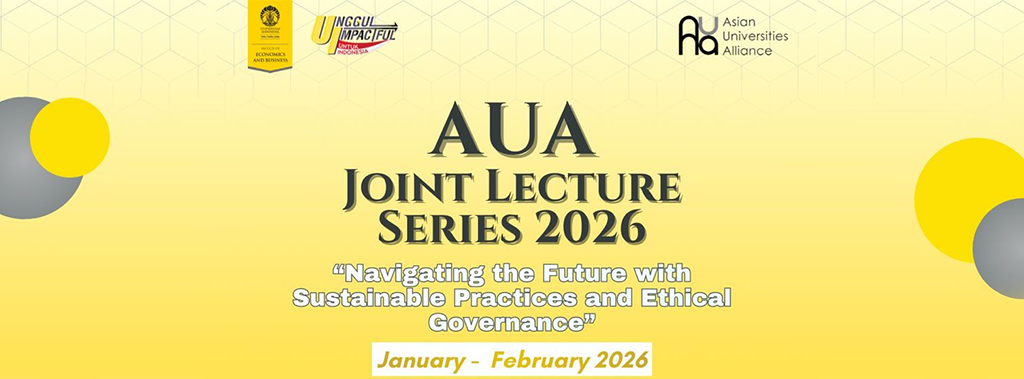Theme: Coexistence of Carbon-Neutrality and Security for Energy System
Professor: Prof. Ryuji MATSUHASHI, Department of Electrical Engineering and Information Systems, Graduate School of Engineering, University of Tokyo
Date: 27 October 2022 (Thursday)
Time: 18:00-19:30 (UTC+8)
Main points:
1. COVID-19 and climate change
2. History of climate change issues and Paris agreements
3. Decarbonization of energy systems
Summary:
Firstly, Prof. Matsuhashi started his lecture by comparing COVID-19 to climate change. The pandemic has been identified as a short-term global issue that made a serious impact on daily lives. Similarly, climate change as a long-term global issue has become a threat to the world. Therefore, the concept of green recovery is proposed to realize economic recovery from the COVID-19 recession by promoting measures to alleviate climate change. Professor Matsuhashi further elaborated on these issues as they are closely related to sustainable development goals.
In the second section, Prof. Matsuhashi emphasized the IPCC report. Based on this report, two major findings were the following: anthropogenic greenhouse gas emissions being the major cause of global warming (>95%); the proportional increase in global mean temperature correlating directly with increases in cumulative carbon dioxide emissions. The projected rise of surface temperature that itself affects sea level raised the concern about sustainable development. He mentioned that securing a sustainable future should not involve sacrificing other aspects of life. Sustainability not only includes realizing carbon-neutral societies, but also maintaining stable energy prices and systems, which were shown to be sensitive to global events. As such, respective measures were proposed for achieving a carbon-neutral and secure energy system.
At last, Prof. Matsuhashi shared his opinion on the actions taken by Kyushu Electric Power Company in Japan, where an incremental usage of renewable power sources has resulted in reducing carbon emissions, but led to other problems such as instability in PV outputs and power systems. It is therefore crucial to manage the imbalances caused by renewable energy. To this end, Prof. Matsuhashi proposed to use electrolysis for producing hydrogen when the actual outputs of PV exceed planned outputs. Furthermore, China and Japan focus on producing green hydrogen which is a component needed in the synthesis of carbon-neutral methane, together with carbon dioxide from the atmosphere.
(The summary is written by student assistant Yu Dian.)
*The views and opinions expressed in this lecture series are those of the guest lecturers. They do not purport to reflect the opinions or views of the AUA or its members or its Secretariat.

